
Overview
Scammers are always looking for new ways to trick us. These scams can be difficult to detect. Sometimes scammers pose as employers or business associates. They try to gain access to your Lynn username and password, your bank account, or other information.
Definitions
Phishing
The fraudulent practice of sending emails or other messages purporting to be from reputable companies or portraying to be an executive or high ranking position at Lynn University in order to induce individuals to reveal personal information, such as passwords and credit card numbers and or engage to complete university business or tasks for them.
Vishing
The fraudulent practice of making phone calls or leaving voice messages purporting to be from reputable companies or portraying to be an executive or high ranking position at Lynn University in order to induce individuals to reveal personal information, such as bank details and credit card numbers and or engage to complete university business or tasks for them.
Smishing
The fraudulent practice of sending text messages purporting to be from reputable companies or portraying to be an executive or high ranking position at Lynn University in order to induce individuals to reveal personal information, such as passwords or credit card numbers and or engage to complete university business or tasks for them.
You will never be asked:
You will never be asked:
- to increase/decrease your mailbox size
- to increase/decrease the space on your One Drive or Personal Drive
- to validate/verify or confirm your Lynn login information/credentials
- to update/validate your direct deposit information
- to provide passwords
- to update a GoogleDocs or One Drive document not associated with Lynn
- to respond to a potential Job
Identifying Phishing / Vishing / Smishing Email Scams:
- The person communicating with you is not listed on the https://www.lynn.edu/campus-directory/people website.
- The person communicating with you is listed on the organization's website; however, the email address does not match the university's domain name, @lynn.edu.
- The person communicating with you is an executive or a high ranking position at the university that you normally do not interact with is asking you for a favor directly via a text/sms on your personal cell phone
- The person communicating with you is an executive or a high ranking position at the university that you normally do not interact with is asking you for a favor directly via an email on your personal email address
- The person/organization requests your bank account information to deposit large sums of money into your account.
- The person/organization sends you checks or money and asks you to buy gift cards in exchange.
- There is no face-to-face (virtual or otherwise) communication.
- The process is rushed, or the person/organization asks you to rush.
- There are spelling errors in the body of the sender's email
- Unexpected email attachments
- Poor spelling and grammar
- Hyperlinks in email
- A sender’s address that doesn’t match the name
- Request for payment or login information
- Threats
- Spoofing well-known companies
- Too good to be true
- The wording is slightly off.
- Warnings about your account being shut down
- A company logo that looks resized
- Threats of legal action
- Confirmation of shipment that you didn't order
- General salutations, not personalized
- Sudden urgency
- Inaccuracies
Do's:
- Verify the sender of a message and call them on the phone if you have to.
- Hover over web page links (URLs) in email messages to see where they link to – beware of URL shortening services (like bit.ly) that may obscure the final website destination.
- Be skeptical of messages with odd spelling/grammar, improper logos, or that ask you to upgrade or verify your account.
Don'ts:
- Open attachments from unknown senders.
- Click on a link from an unknown sender.
- Email someone your username or password.
- Email an attachment with sensitive university information that is not encrypted.
- Click on a link from an unknown or unexpected sender and then enter your Lynn username and password.
What if I clicked the link or responded?
- Change your password immediately.
- Call the IT Support desk right away
- As for procedures on what to do next
- Inform your supervisor of the incident
Smishing Examples

Phishing Email Examples
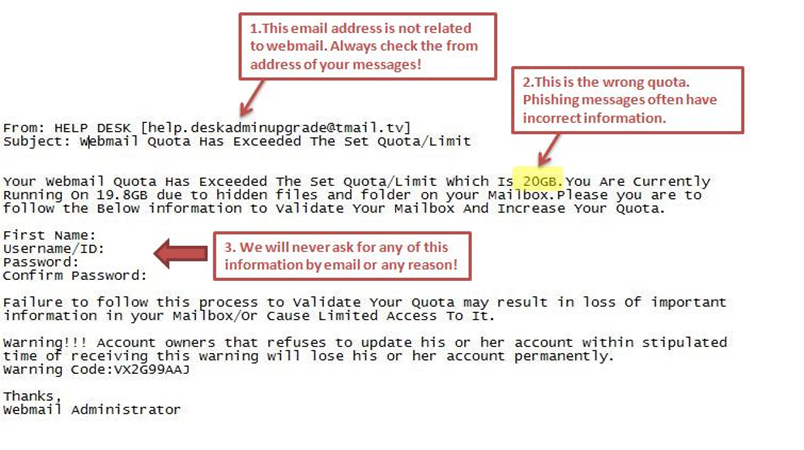
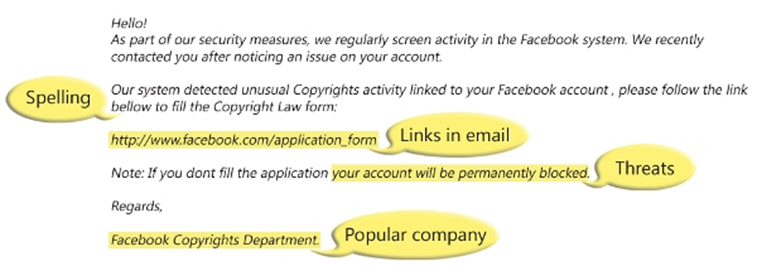
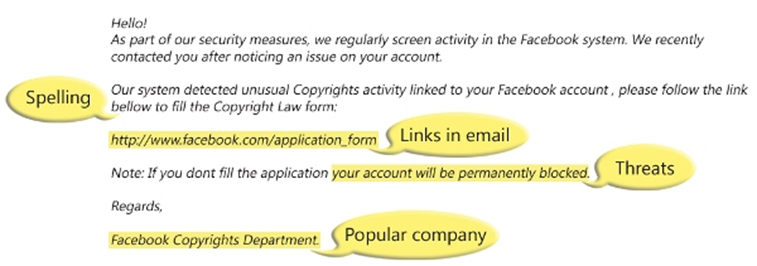
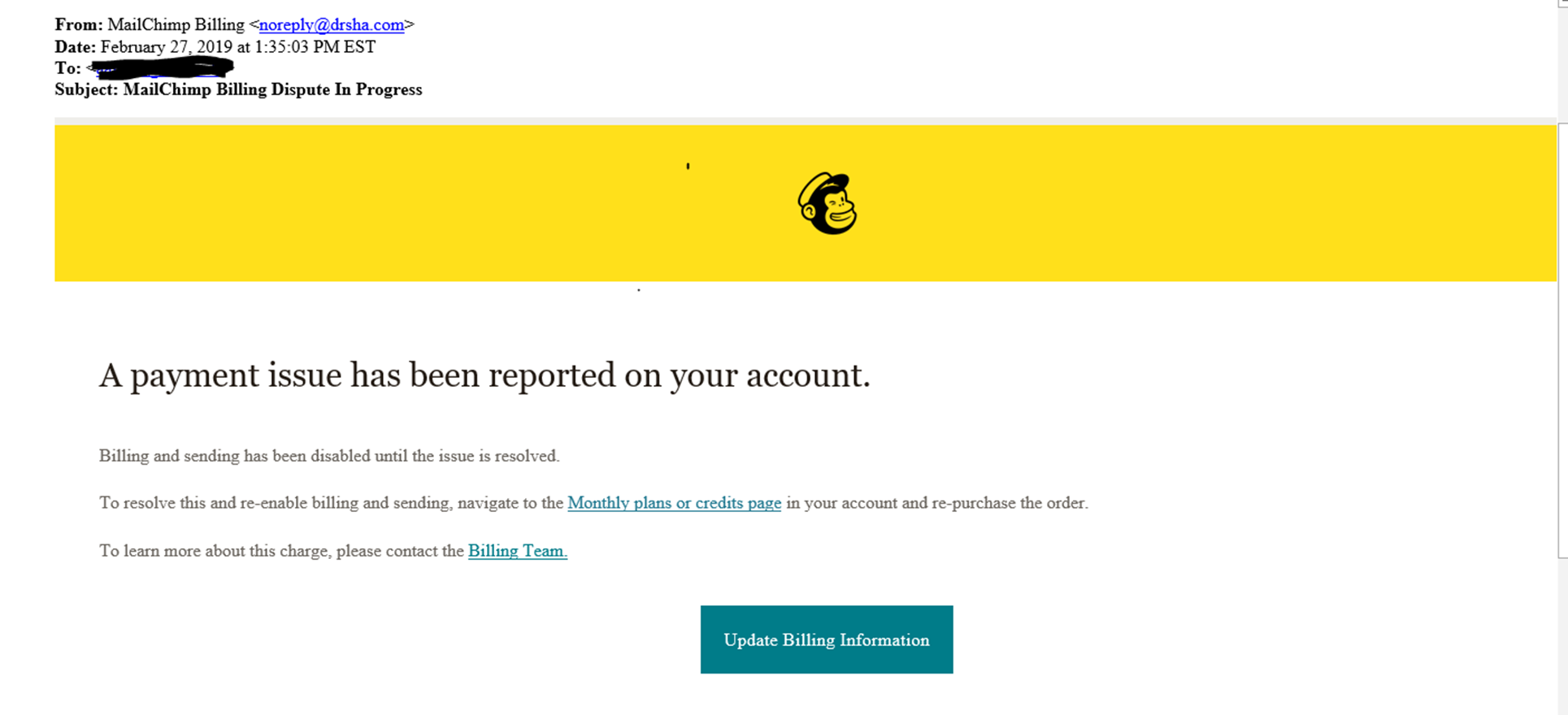
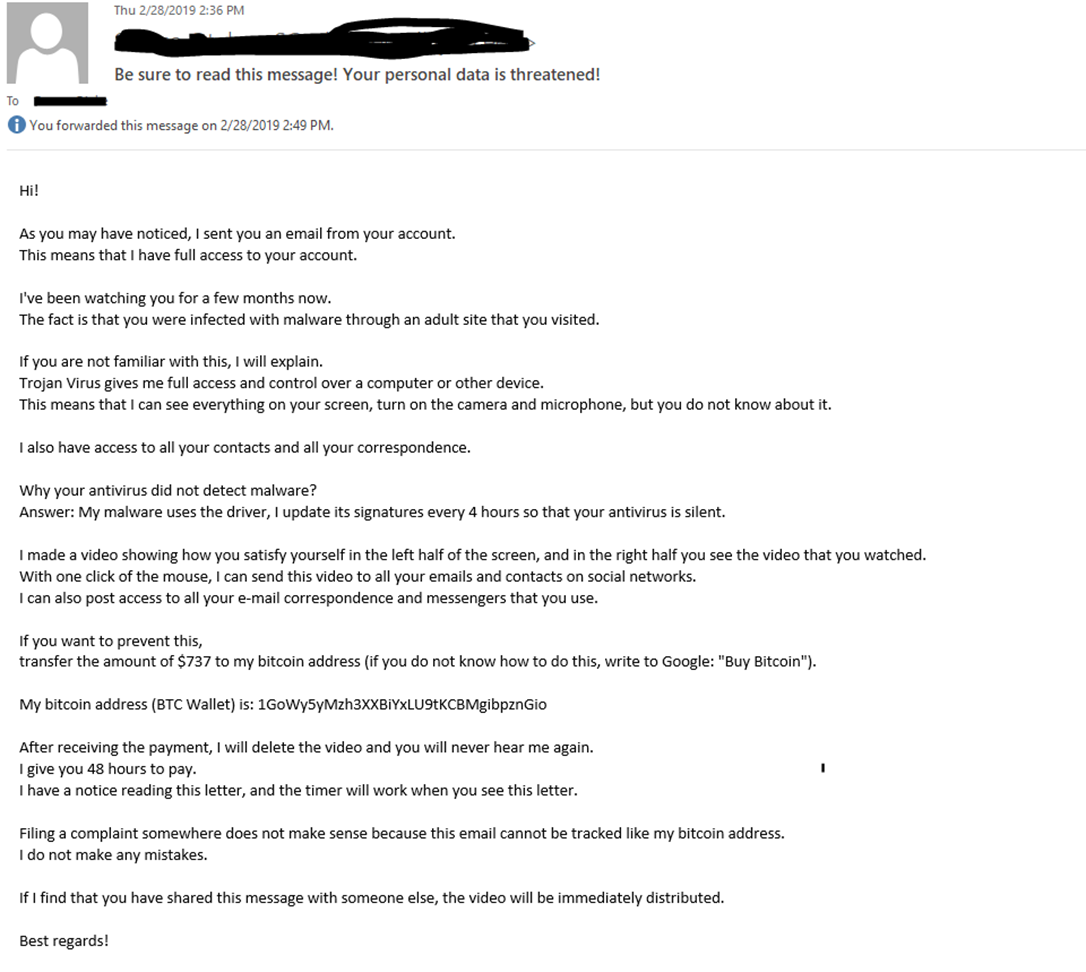
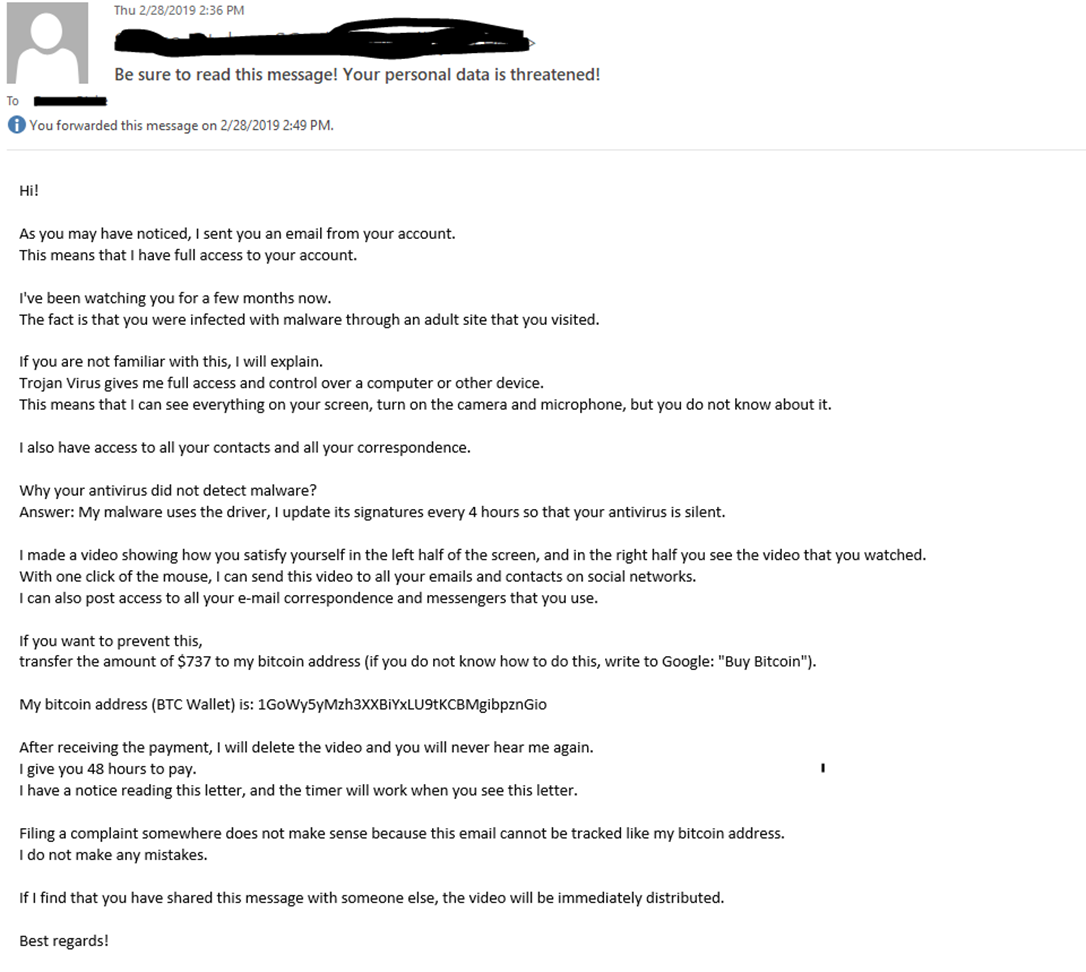
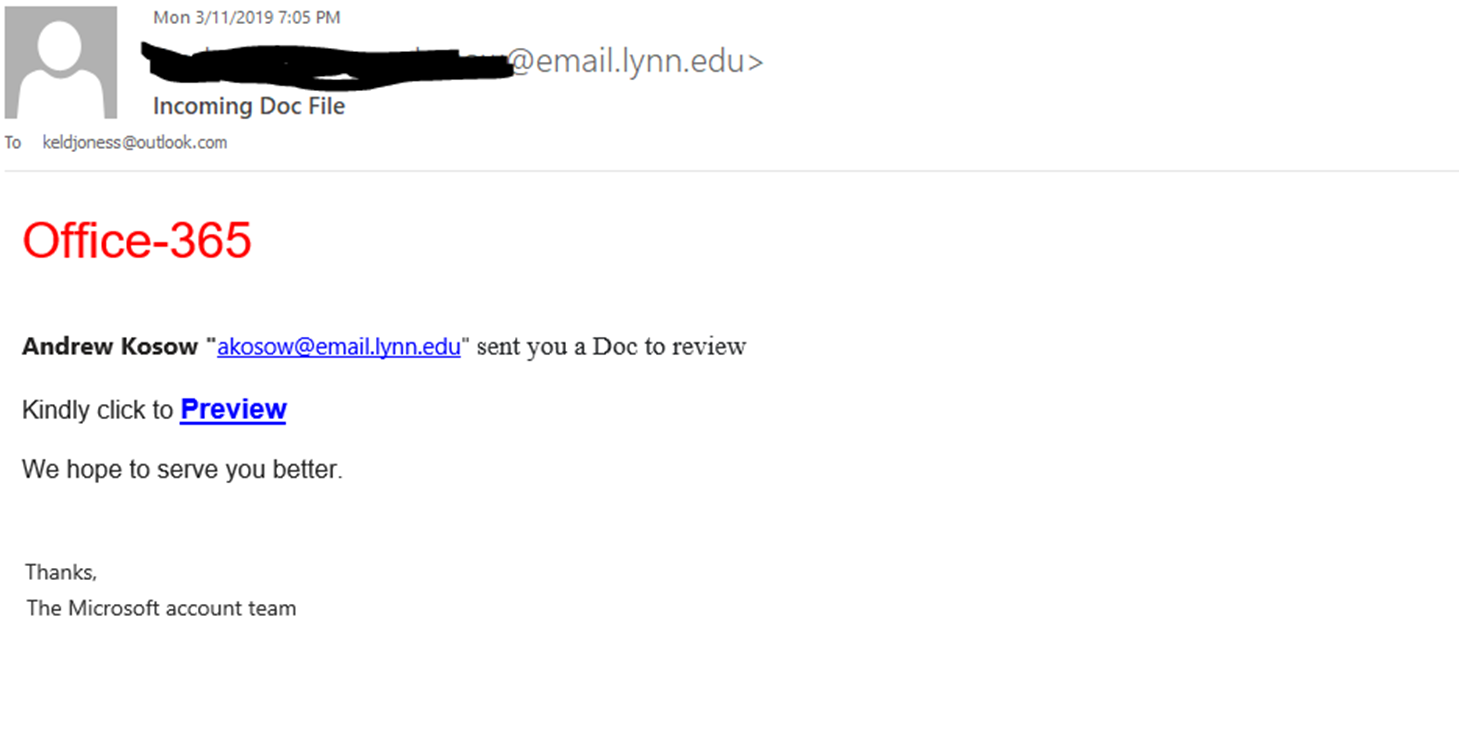
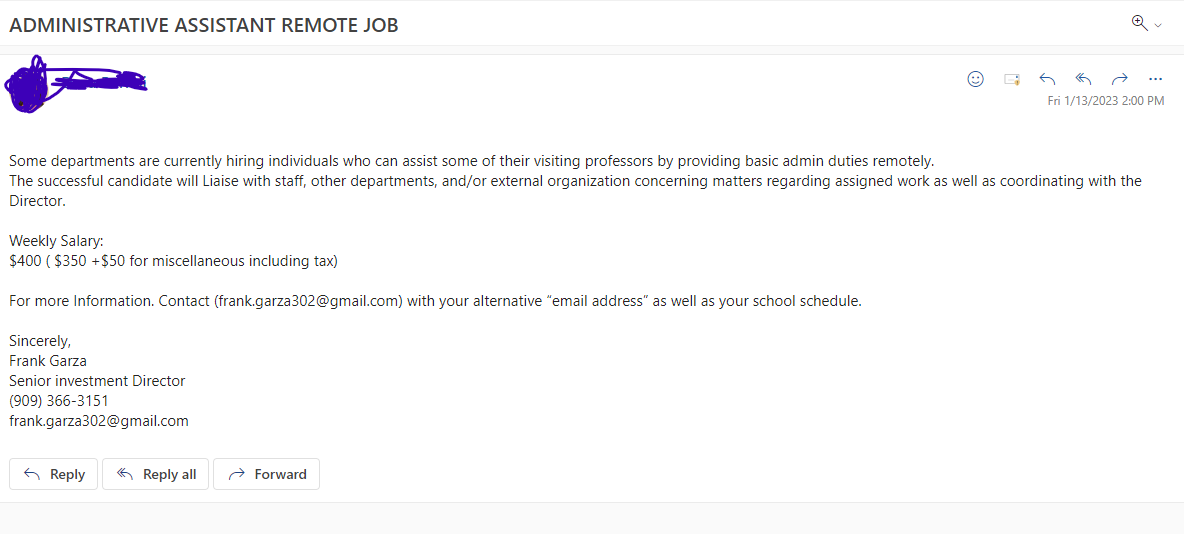
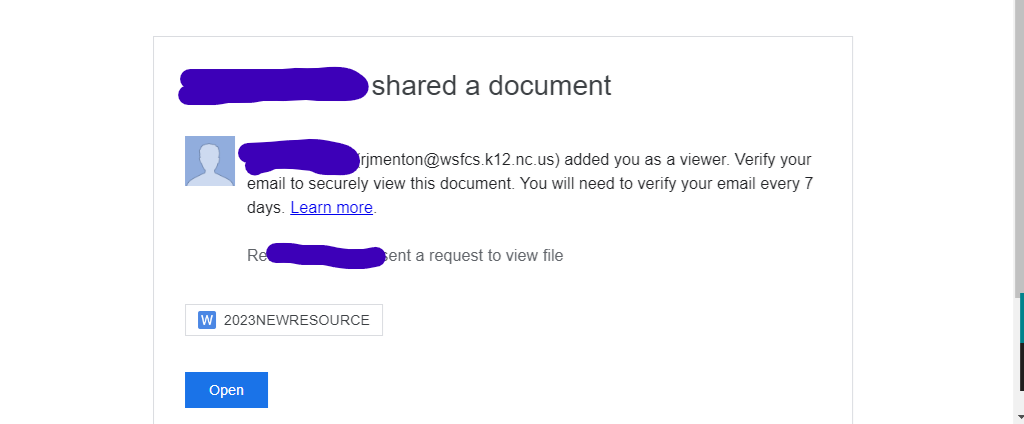
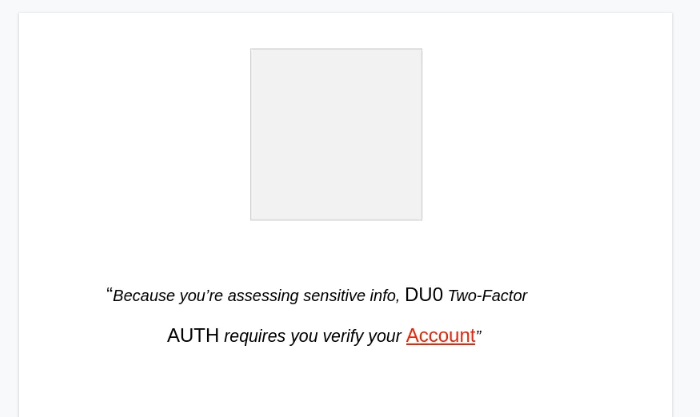
If you are worried that you may be the victim of a phishing email, notify your bank immediately and alert Campus Safety at 561-237-7226.










